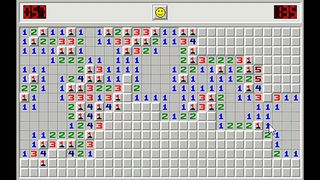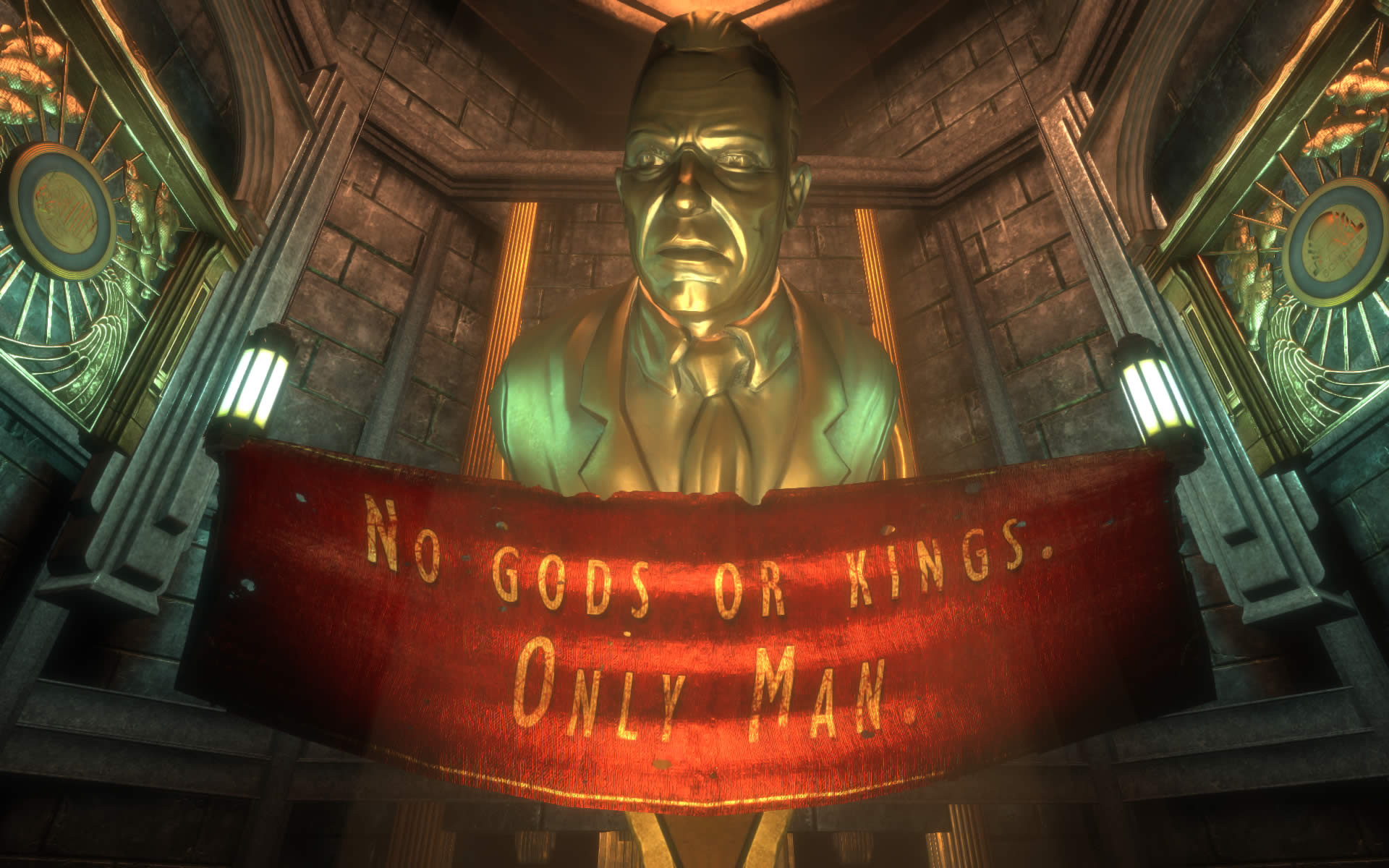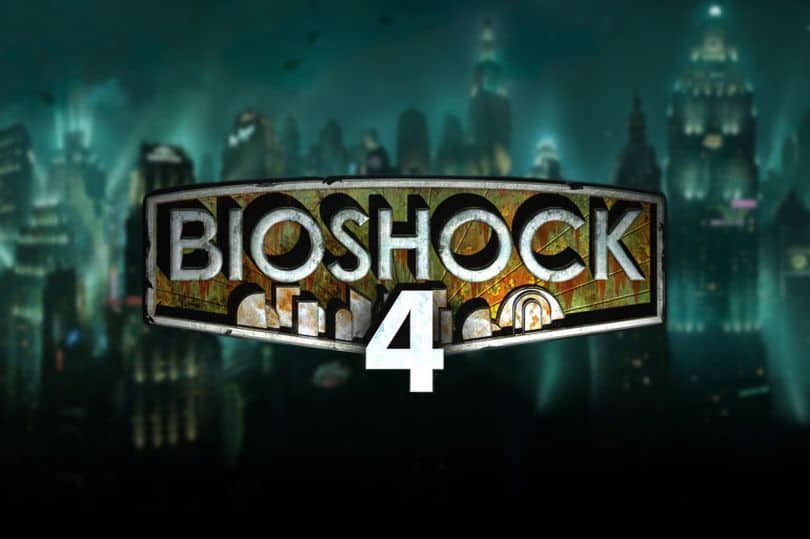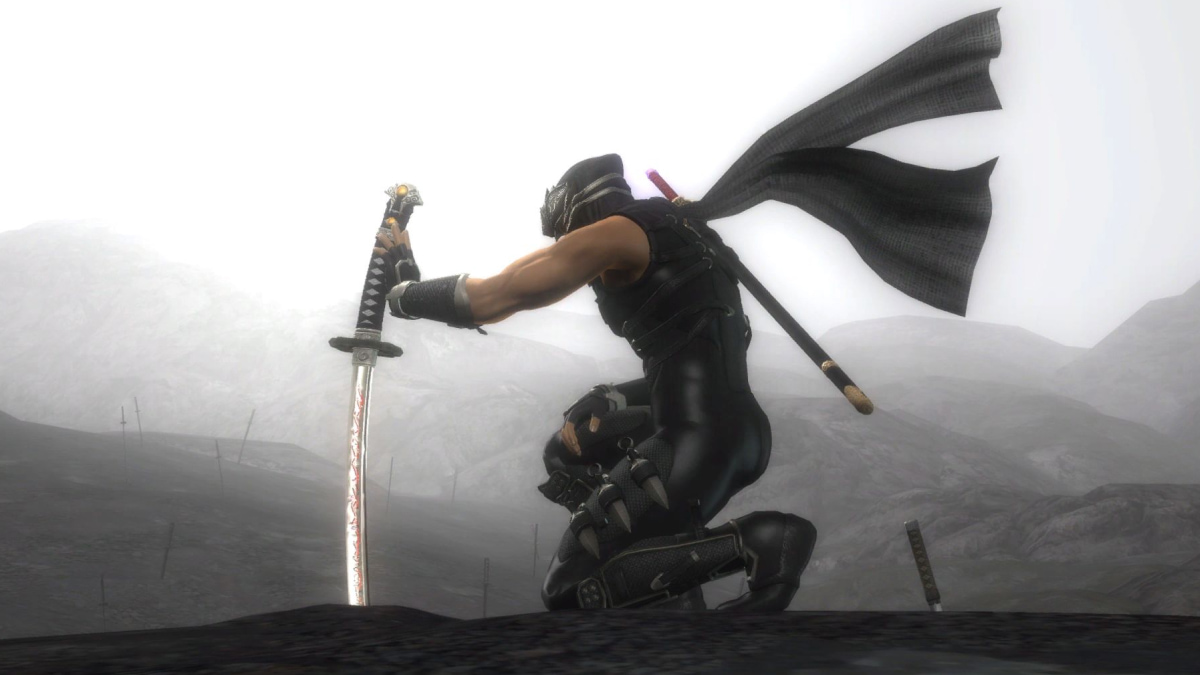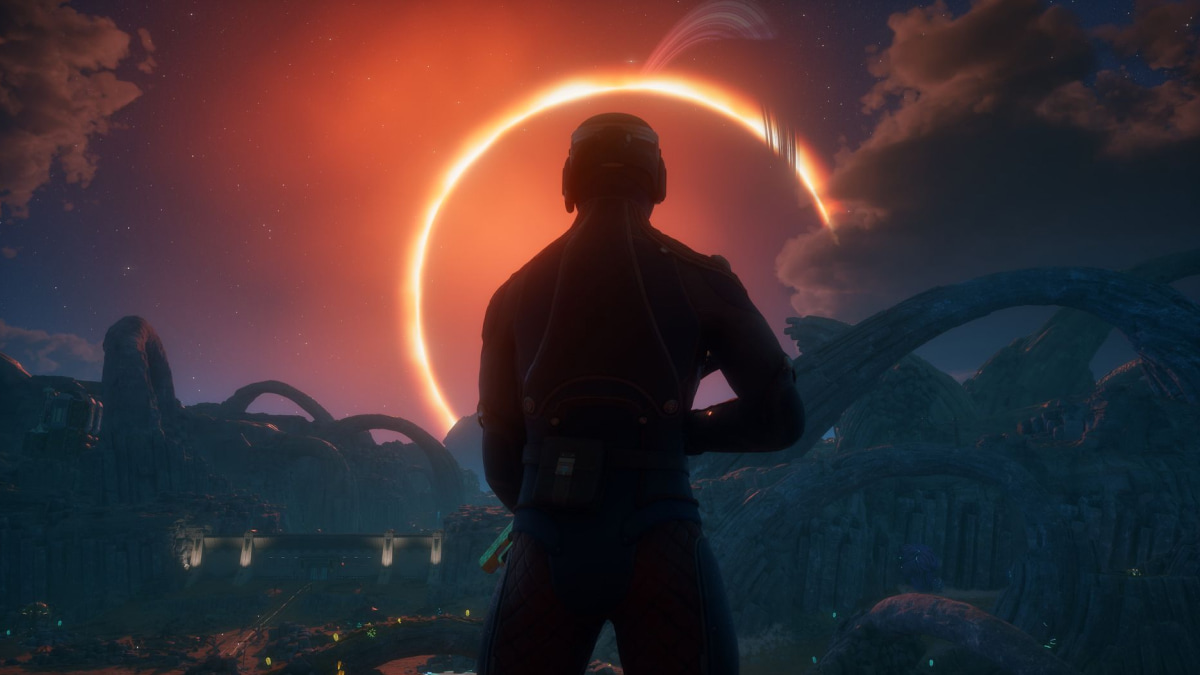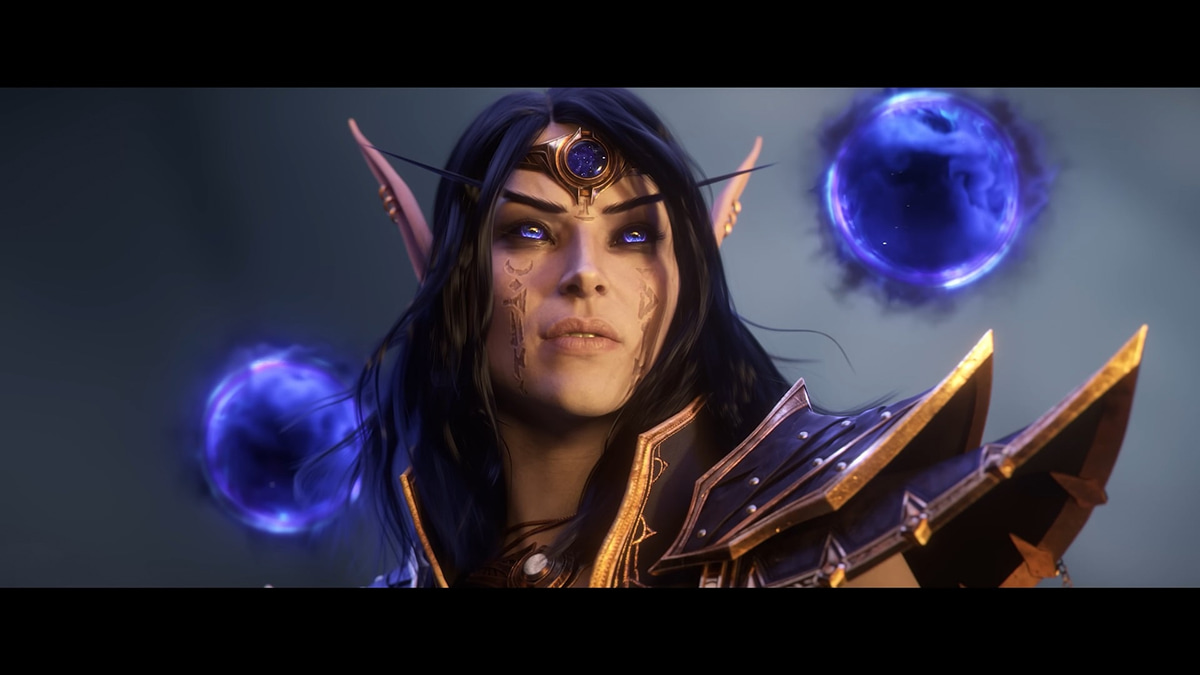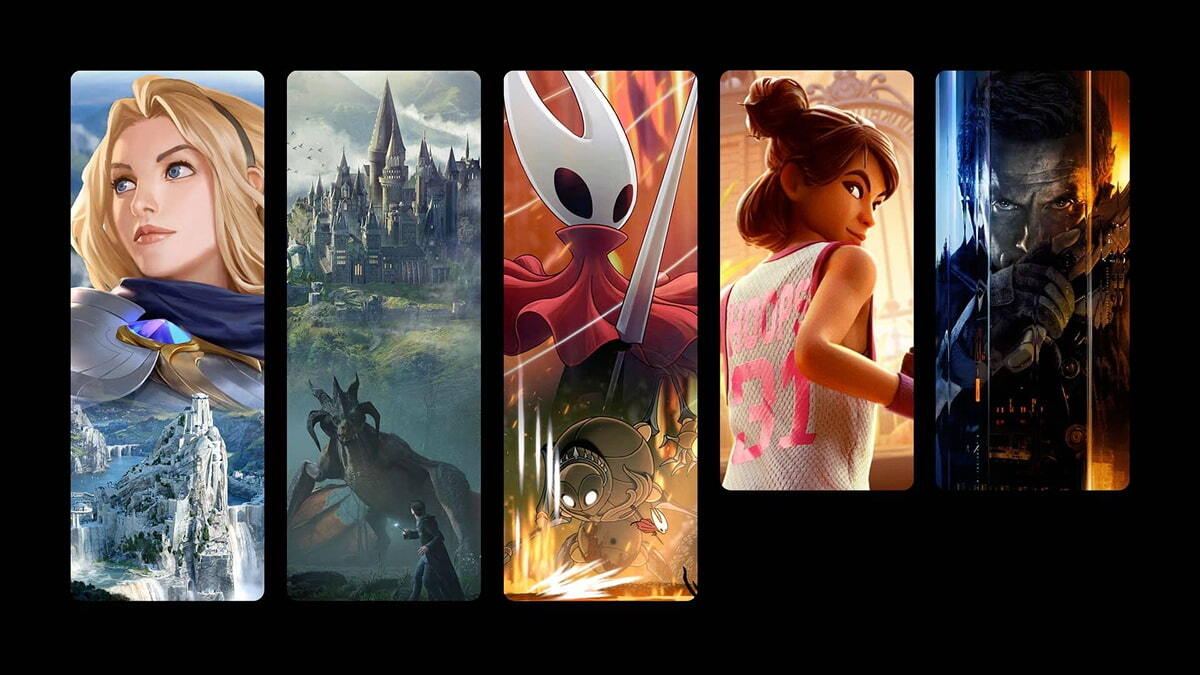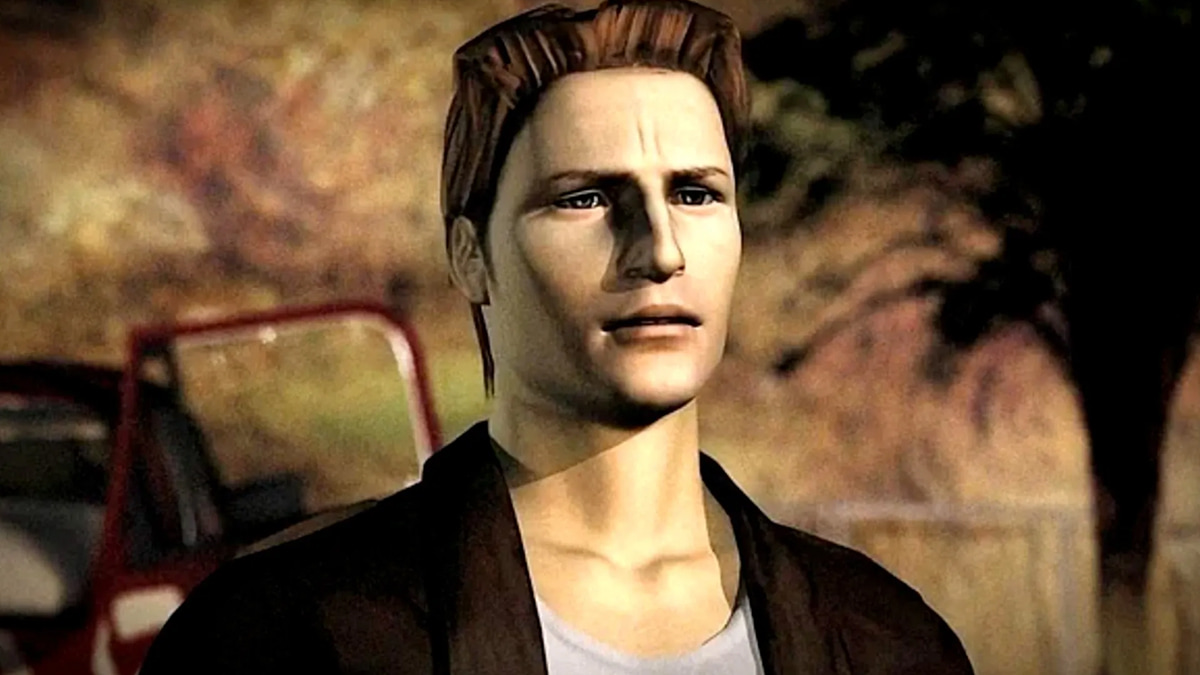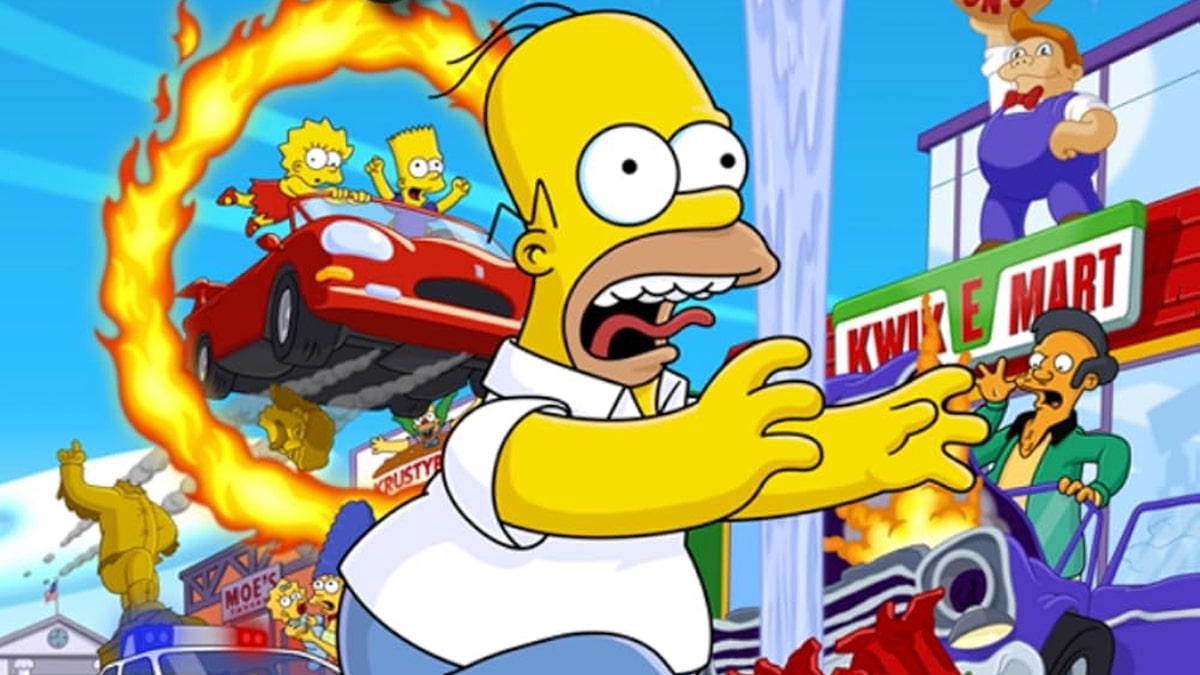You can trust VideoGamer. Our team of gaming experts spend hours testing and reviewing the latest games, to ensure you're reading the most comprehensive guide possible. Rest assured, all imagery and advice is unique and original. Check out how we test and review games here
Jordan Vogt-Roberts wants it weirder, and we should let him have it. After making his directorial debut with Kings of Summer (which, despite the clement forecast of its title, saw its share of dramatic clouds), he rampaged onto the blockbuster scene with Kong: Skull Island. He made his mark by taking the classic King Kong story and tripping it out on purple haze: President Nixon, napalm-happy colonels, swooping choppers, and there's even a bulldog named Kurtz (he turned in a fine performance, too, if leaning a little heavily on Brando).
Last week, director Vogt-Roberts described the script for his Metal Gear Solid film as 'one of the coolest, weirdest, most Kojima things' that he'd ever read. Righto. Then, he described what he would do if he were gifted the reins to a Metroid film: 'They’ll never let me. It’s too crazy. It legitimately would be [Samus] alone. It would be a little bit of her talking to herself. As soon as they introduce other talking characters in those games, to me it loses everything. You put her alone and it’s almost got more to do with the silence of a movie like Drive. Like the quietness and having it be like a real, intense mood piece, but mixed with sci-fi.'
This got me thinking: perhaps what video game film adaptations need is a dose of the unexpected…
Minesweeper
An emotionally fraught, nerve-jangling film about the savage effects of war, the Minesweeper adaptation would channel Kathryn Bigelow's The Hurt Locker. The script, who Vogt-Roberts would co-write with Tony Gilroy (The Bourne Identity), would centre on a lone hero (played by Josh Brolin), dealing with his struggles on and off the minefield. Savage depictions of mine disposal would take on an entirely new flavour with Roger Deakins (Sicario, Blade Runner 2049) doing the cinematography: sweeping panoramas of grey, depressing blocks, like visions of a Soviet wasteland, each potentially harbouring an explosive end to our hero's life. These tense scenes are intercut with his attempts to acclimatise to life back home, with severe PTSD, and a wife who has come to resent his addiction to his craft. (That last bit would be an incisive metaphor for video game addiction.)
Tetris
The great Steven Poole, in his book Trigger Happy 2.0, once reversed the art-baiting question, 'What's the Citizen Kane of video games?, instead asking, 'What is the Tetris of cinema?' Luckily, Jordan Vogt-Roberts is here to put paid to that debate. In fact, he would tie it all off in wonderfully meta fashion, taking inspiration from Orson Welles' cinematic touchstone. Focussing on a single idealistic Long Block (whose inner thoughts are voiced by Leonardo DiCaprio), Tetris would tell the story of The Block's rise to power, and eventual downfall. Incredibly, many of the themes carry over quite well: opting not to 'fit in'; building an empire with gaps in the foundation; and, inch by inch, succumbing to mounting frustration and anomie, only to have it all come crumbling down in a euphoric rush, remembering an inconsequential little tetromino from where it all began.
Bioshock
Never mind Andrew Ryan and Atlas, the borish brutes – Vogt-Roberts will tell a tale of ordinary Rapture living; to do it, he'll tip his hat to the great screwball comedies, Some Like it Hot and His Girl Friday, with an Annie Hall streak down the middle. Nervous nebbish Alvie Schlutz (Jesse Eisenberg) is a down-on-his-luck writer, struggling to pen the great Rapturian novel, and living in rather cramped digs in Apollo Square. A chance encounter, and summer affair, with high-society chanteuse Anna Culpepper (Gillian Jacobs) is just the inspiration Alvie needs. There's just one problem: as players will remember, she's Andrew Ryan's girl. Hilarity ensues! Vogt-Roberts demonstrates his versatility, restaging the snappy dialogue and hapless slapstick of Sleeper (with Plasmids!), against the backdrop of gaming’s most iconic dystopia.
Death Stranding
From what we've seen of the insoluble trailers for Death Stranding, it's difficult to determine that it definitely isn't a legal drama. Hideo Kojima himself has said, in response to fan speculation over the game, 'knowing the answer is not that important.' He may as well have said, 'You can't handle the truth!'
Vogt-Roberts, teamed fittingly with screenwriter Aaron Sorkin, would instil a similar mood to A Few Good Men. Norman Reedus plays a young scientist-cum-lawyer tasked with defending a defecting scientist (Guillermo Del Toro, reprising his role from the game) and the foetus he took with him. While creatures beyond imagination prowl the doomy drear of Earth's future, life in the courtroom marches on. And boy does it march – Reedus' legalese fencing with the prosecuting attorney (played by Andy Garcia) would steal the show, while the world ends with a whimper outside the courtroom windows.
Everything
The thing about Vogt-Roberts' adaptation of Everything is that, despite being entirely worldless, the cast list would outrageous: from Jack Nicholson to Martine McCutcheon, from Ken Barlow to Meryl Streep, it would be a gleaming pantheon of Hollywood giants lending – well, nobody would know what they were lending. They were simply happy to be 'attached' to the project. A late-career auteur pursuit for Vogt-Roberts, he would have one final thing to prove: that he could craft philosophical art. Who better to take inspiration from than Terrence Malick, whose Tree of Life pondered the nature of the universe, love, and grief? Everything would muse upon the nature of games, art, and life in a similar style – the entire film would be a hurtling montage, taking us from the cosmic, to the subatomic, to the animal kingdom, and right to the heart of what it means to be human. In true magnum opus fashion, it would be over five hours – only for the blu-ray to arrive boasting an extra two hours of cut footage. Madness or genius? The debate would rage on!


